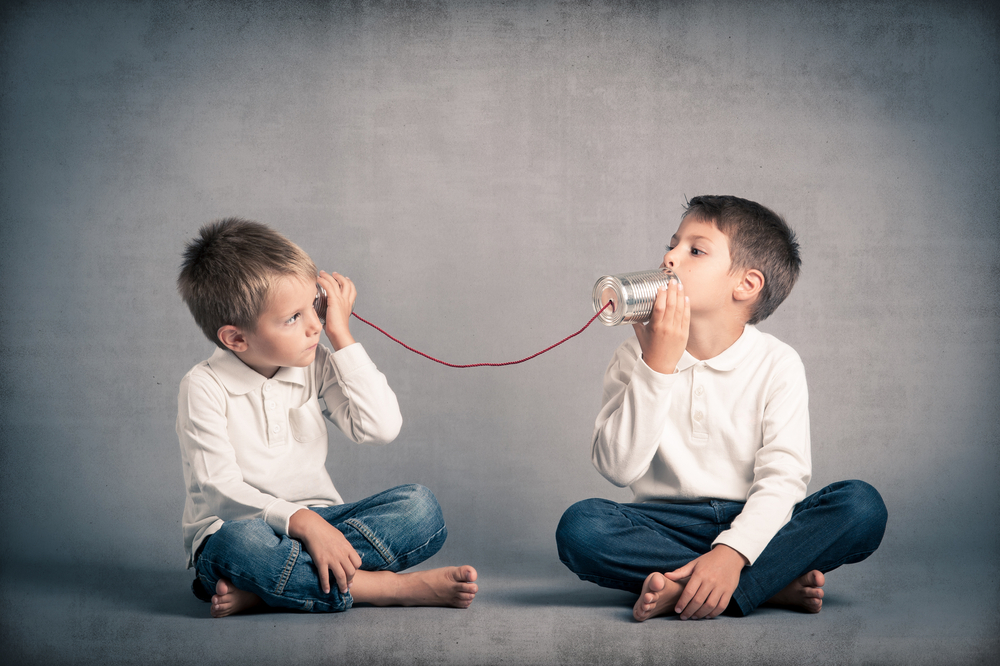There have never been so many ways for us to communicate with each other than in 2023.
Mobile, email, text, What’s App, Zoom, Teams, Instagram, Facebook, Linked In…oh, and face to face.
In the business of radio, we communicate internally with other team members and externally with our listeners and clients.
But despite the technological revolution in communication platforms, are we in radio any better at actually communicating our message than we were ten years ago?
I still hear poorly worded, confusing promos on air.
I still hear positioning statements that conflict with the actual on-air content.
I still get reports of executive emails that recipients didn’t quite understand.
I still hear some Talk hosts giving their opinion in a rambling, convoluted way that doesn’t make sense.
I still hear talk breaks on music stations that have so many “thoughts” in the one break that they all go missing in action to the listener.
Successful communication of a message is not as easy as it seems. On one hand, there’s the ability of the person sending the message to do so in clear, concise terms and on the other, there’s the ability of the person receiving the message to comprehend what is being conveyed.
Here are some common factors that contribute to poor communication:
1. Lack of Skill or Education. Some people may not have been taught effective communication skills or may not have had the opportunity to develop them. This can be due to a lack of formal education or training in communication. It can also be a result of the family environment growing up.
2. Lack of Confidence. Low self-confidence can hinder a person’s ability to communicate effectively. When we are unsure of ourselves, we often struggle to express our thoughts and ideas clearly, especially verbally but also in written form.
3. Emotional Barriers. Emotions, such as anxiety, anger or fear, can interfere with effective verbal communication.
4. Inadequate Listening Skills. Effective communication involves not only speaking but also listening. Poor listeners may interrupt, not pay attention, or fail to understand the perspectives of others, leading to misunderstandings. As programmers and broadcasters, it’s important for us to listen to the audience, so we understand what they like (and don’t like) and the way they like content to be presented. One of the key attributes of being a great interviewer is being a great listener (Sir Michael Parkinson).
5. Cognitive Differences. Differences in cognitive abilities, such as processing information, can affect a person’s ability to communicate. Some people may struggle with organising their thoughts either in conversations or in written form. Cognitive bias also plays a part in poor communication skills.
6. Lack of Empathy. Empathy is crucial for effective communication. People who lack the ability to understand and relate to others’ feelings and perspectives often have difficulty communicating effectively with others.
7. Lack of Practice. Effective communication is a skill that requires practice and refinement. Those who do not engage in regular communication or social interactions may struggle to develop their communication skills. This applies to both verbal and written communication.
8. Communication Technology. Overreliance on short form digital communication, such as texting and social media, can lead to miscommunication and misunderstandings.
There are some simple ways to improve communication skills.
- Listen….and listen again
- Always factor in the people with whom you are communicating
- In face-to-face situations, body language matters
- Check that email before you hit send. And check it again.
- Be concise. Be specific. Spell the message out in unequivocal terms.
- Sometimes it’s better to pick up the phone.
- Think before you speak. Don’t say the first thing that comes to mind.
- Where possible, in verbal communications maintain a positive attitude and smile.
Effective communication is a vital skill in both personal and professional relationships. In radio, it is at the very heart of what we do. Unfortunately, the same issues surrounding poor communication that have been around for thousands of years are still with us, despite the wealth of communication platforms that exist in 2023.
I’ll leave you with a quote from Dr. Andrew Grove, a former CEO of Intel Corporation:
“How well we communicate is not determined by how well we say things but by how well we are understood.”
By David Kidd, BPR

Main Pic: Shutterstock

